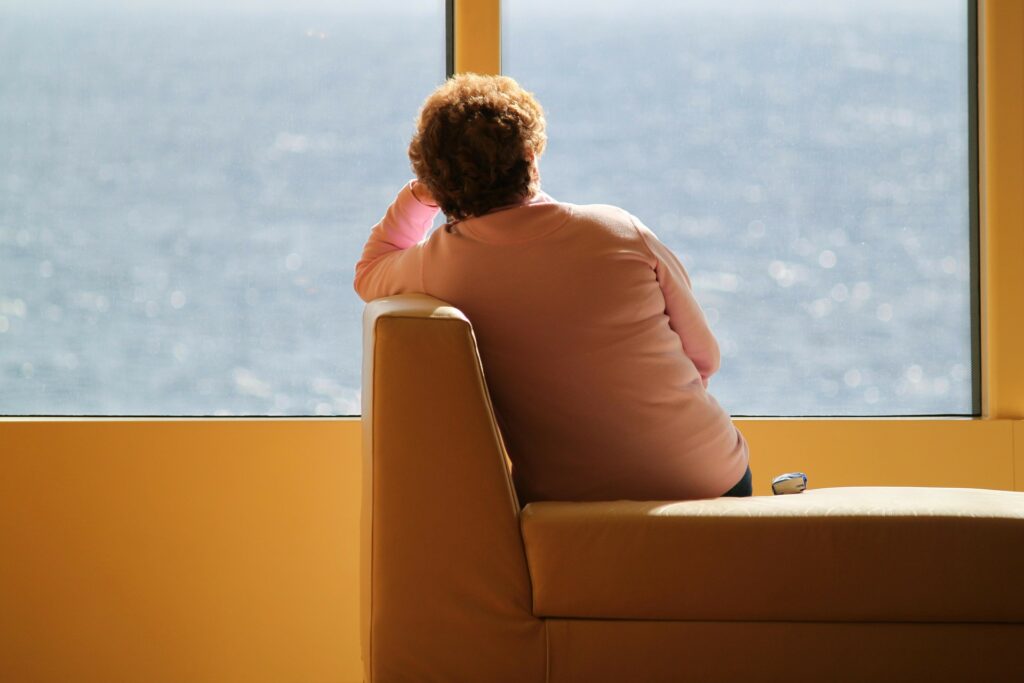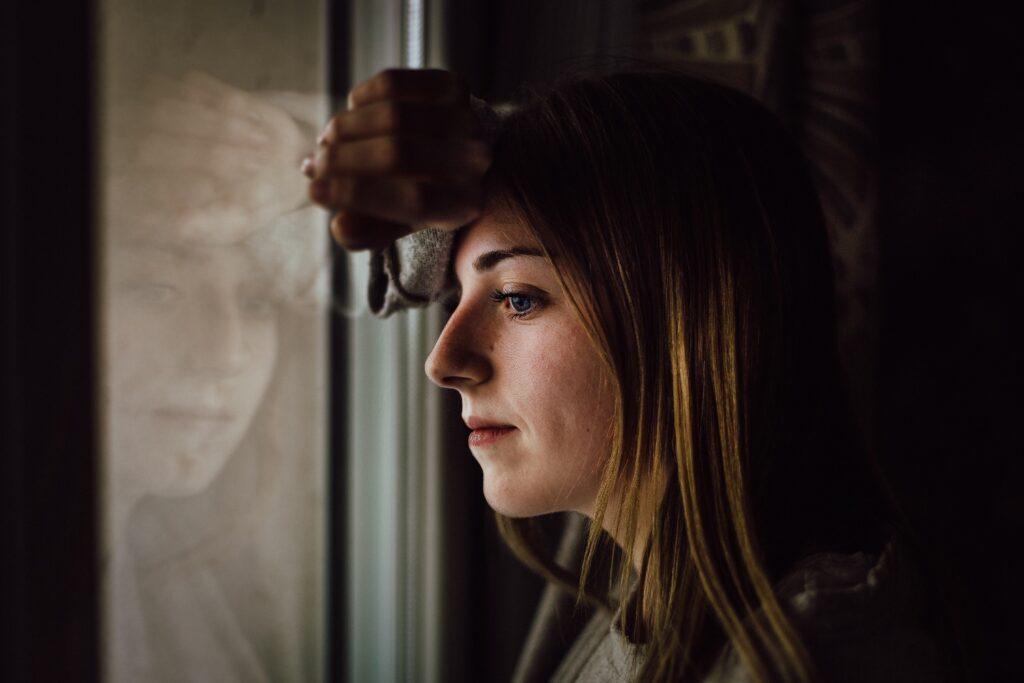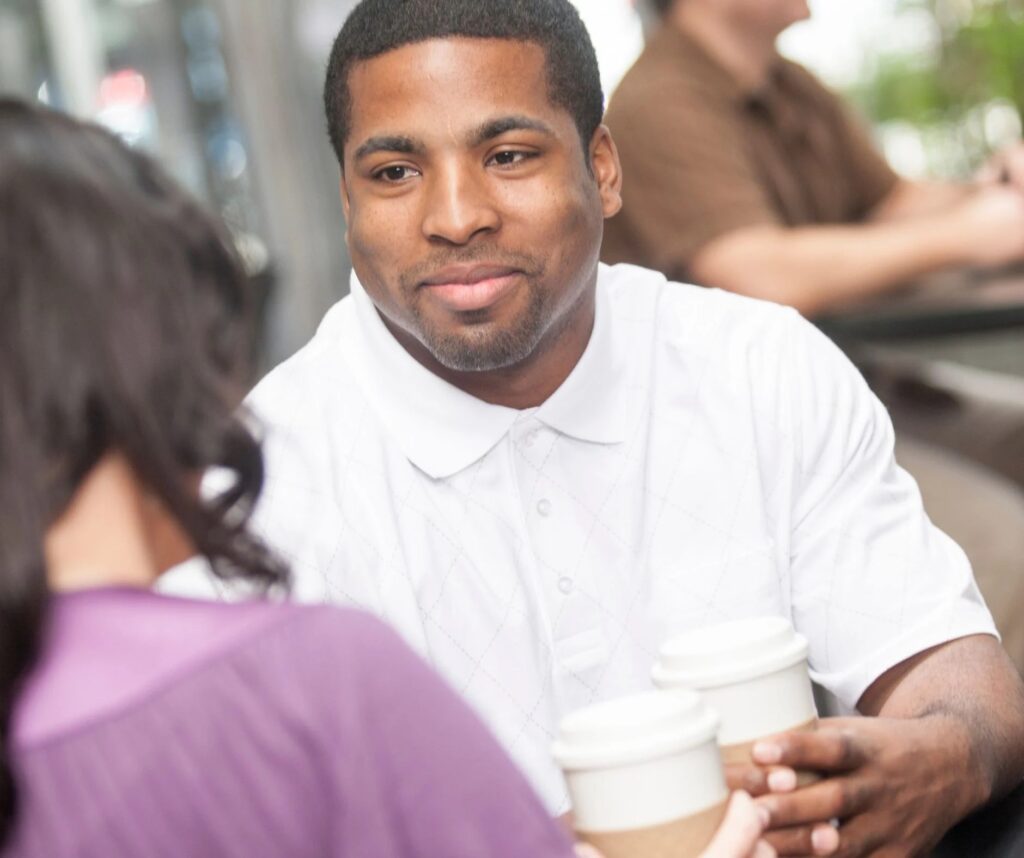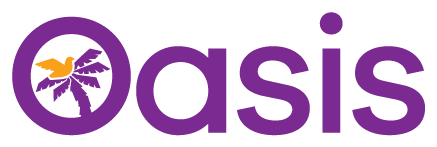For #MentalHealthAwarenessWeek we caught up with Oasis’s Domestic Abuse trauma specialist counsellor Diane May about her work and the seminal work of Bessel Van Der Kolk and how its informed her practice with survivors we support.
Diane has worked with Oasis for many years. Her current work includes the development of an Understanding Trauma toolkit which will be rolled out to Kent and Medway practitioners in the coming year as well as a research project service using Richard Rose’s Therapeutic Life Story approach with young people affected by DA in childhood.
Being traumatized means continuing to organize your life as if the trauma were still going on—unchanged and immutable—as every new encounter or event is contaminated by the past
Bessel Van Der Kolk
Why do you think posting about trauma and loss are so important?
hroughout all my years with Oasis, I have promoted the need for everyone to have insight and understanding of the multiple losses we can experience and the need to recognise these and allow appropriate time and space to pay attention to our thoughts and feelings, as we work through the grieving process. Aside from death, we experience multiple losses; change of schools, teachers, home, jobs, friends, familiarity, confidence, status, hair colour, mobility etc.
Oasis supports adults and child victims of Domestic Abuse who have been impacted by multiple losses through their experience of Domestic Violence an Abuse including, but not exclusively, loss of safety, confidence, self- esteem, belongings, family and friends, home, peace of mind, hope and trust.
Loss is a natural part of the human condition we all experience which is a painful experience which some of us consciously try to avoid as we struggle with endings.
Trauma results from events outside normal human experience which Bessel Van Der Kolk defines trauma as, ‘an inescapably stressful event that overwhelms people’s existing coping mechanisms’ (Van der Kolk & Fisler, 1995).

Domestic Violence and Abuse by its very nature generally happens behind closed doors where we should feel safe and secure rather than walking on eggshells trapped in what feels like an inescapable cycle of love, hope and fear as we have limited freedom and capacity to feel there are any safe choices other than to stay in the abusive relationship. At the time, the victim may adopt multiple coping mechanisms to effectively manage day-to-day with the complexities of the relationship, holding on by a thread but still managing, and it’s not until the relationship is over that the full impacts of the trauma begin to emerge. At this time, if they are fortunate to still have any connections with family and friends, or from support services, the words they often heard from others are, “You’re better off without them”, at a time when the victim is grieving the multiple losses, including the loss of their partner who they really hoped would change, if not for them then for the children.
It is at this time that we need to be open to the grieving process. We wouldn’t celebrate the loss of a loved one through death, or if it was a healthy relationship broken down. We need to promote the process of grieving, not hamper it. If someone misses their abusive partner or parent, however unhealthy the relationship was, that’s okay, it’s a normal part of a natural grieving process.

Throughout the last year I feel the Covid 19 pandemic has brought experiences of trauma and loss alongside positive stories of human compassion, community, and connection. We have each experienced the effects of the pandemic in our own unique way, some negative, some positive. Personally, I’ve loved hearing the wildlife more with less cars on the road and seeing the creativity grow in myself and others.
However, back in March 2020 the Prime Minister told us we had to, ‘Stay at home’ to ‘Protect the NHS’. Just imagine for a moment the feeling of panic if you’d planned to buy your child’s birthday presents the next day (the day of their birthday), or if you’d experienced health anxiety and were told, ‘there won’t be enough doctors and nurses.’
Although loss is a painful part of our universal human experience some losses are experienced through inescapably stressful events which overwhelm our existing coping mechanisms, often these traumatic events happen in interactions with others where we experience helplessness and terror at the hands of those we love. When a trauma occurs in relations with another, we need a trusting relationship with another human to repair the trauma, we cannot do this in isolation.
If nothing else, I am hoping that we can each draw on our own individual experiences of trauma and loss through the pandemic and open our eyes to the trauma and loss victims of abuse suffer, with a deeper understanding of its impacts as many of us may have experienced some form of loss whether that be choice, freedom, or our usual routines while we were constrained within our homes during lockdown.
My hope is for a future where positive stories of human compassion, community, and connection are the norm for victims of all forms of abuse through a deeper understanding of the impact of multiple losses and trauma, as connection promotes a feeling of safety and recovery, after all Domestic Abuse is Everybody’s Business.

What do you recommend people do to help their mental health?
Be your own best friend. If you find yourself having negative, critical thoughts about yourself, such as, ‘I’m useless,’ or ‘not good enough’, make a conscious effort to develop a compassionate imaginary friend who offers you the same kindness and advice that you would offer to them.
What are your hopes for the two projects you’re currently working on?
My ultimate vision would be for both practitioner and those who experience the ongoing effects of trauma to be able to freely access the Understanding Trauma programme to enable them to gain insight and understanding into how the human brain develops and how our stress response system works.
With this understanding, traumatised individuals can move forward to develop regulation skills and practical self-care strategies to reduce the impact their past trauma is having on them in the present with the aim of reducing any ongoing problematic symptoms. My ultimate vison would be for all educational settings to become trauma-informed and for children to learn about their brains and stress response systems in Primary schools.
Oasis have supported children and young adults through a therapeutic mentoring approach for many years now with outstanding results but there have always been individuals who require a greater depth of work due to their fragmented life histories which have compromised their sense of belonging.
In the foreword of Richard Rose’s book Life Story Therapy with Traumatised Children 2012, Dr Bruce Perry wrote, ‘Without a life story, a child is adrift, disconnected and vulnerable’. Many individuals, both adults and children, have experienced multiple traumas and losses with little recollection of their own life story. Therapeutic Life Story Work enables traumatised individuals to gain insight and understanding into the fragmented pieces of their life story enabling them gain insight, understanding and a sense of belonging while reconstructing and reconnecting with their past through their own personal narrative. Ultimately, I would hope that the research project would provide evidence to promote the value of the Therapeutic approach of Life Story work for both children and adults who have experienced trauma.

What is your go-to activity that aids your wellbeing?
Connection. I believe we should all try to have some kind of human interaction on a daily basis. I am always mindful of those isolated from family and friends through Domestic Violence and Abuse, or through other life events, and would always promote the use of helplines, whether through talking or texting, where it is safe to do so.
As a community, can all play a huge part in promoting each other’s wellbeing, simply by being thoughtful and kind. A small connection with another person can go a long way, a smile, a compliment, a quick chat about the weather, just something so we know we still exist, can keep someone going rather than them feeling unworthy, invisible and trapped in isolation. Connection is key to emotional wellbeing.
o read more about the seminal work of Bessel Van Der Kolk:
www.brainpickings.org/2016/06/20/the-body-keeps-the-score-van-der-kolk/
Resources and information about trauma and emotions:
beaconhouse.org.uk/?section=welcome-to-beacon-house
Get support
Call our helpline on 0800 917 9948 (Monday, Tuesday, Wednesday 09:30–11:30am, 12:30–2:30pm
Thursday and Friday 09:30–11:30am, except bank holidays) or email helpline@oasisdaservice.org (if it’s safe to do so)
If you or your family are in immediate danger please call the police on 999 (if you can’t speak, cough or tap the handset then press 55 on your phone – the police will know it’s an emergency)
In a non-emergency situation, you can call Kent Police on 101.
*All images used on this website are representative. All names are anonymised for people’s safety.

